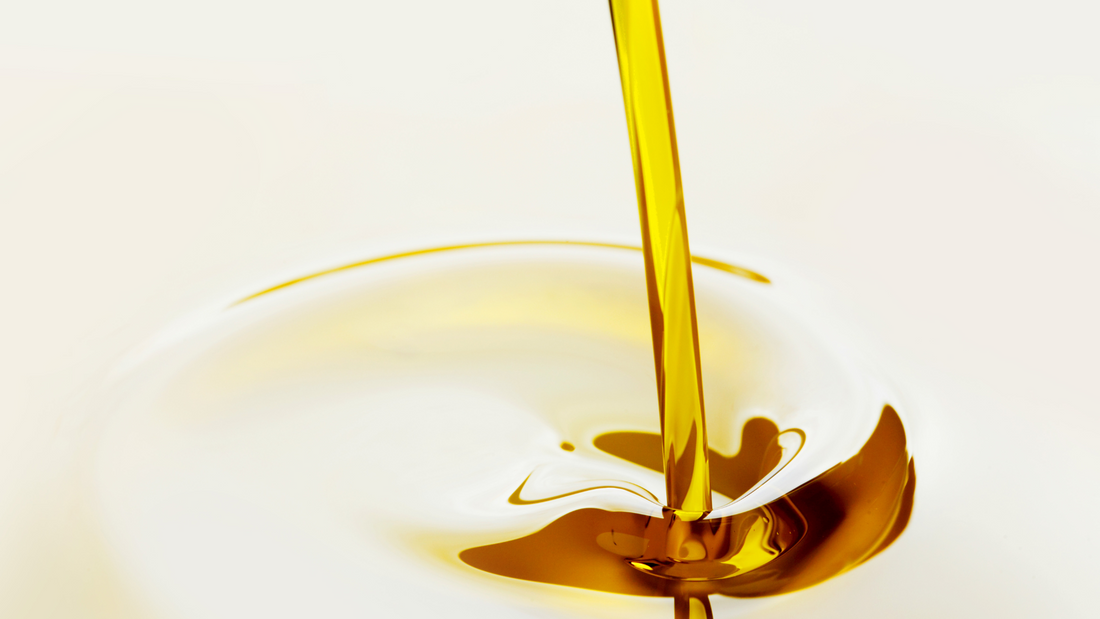
Dry Oils vs. Wet Oils
Share
Understanding Dry Oils
Dry oils, despite their name, do not leave your skin feeling dry. Instead, they are known for their quick absorption and non-greasy finish. These oils have a lightweight texture that allows them to penetrate the skin rapidly, leaving a silky and smooth feel. Some common dry oils include argan oil, jojoba oil, and rosehip oil.
Argan Oil:
- Derived from the kernels of the argan tree native to Morocco, argan oil is rich in antioxidants, Vitamin E, and fatty acids.
- Known for its nourishing properties, argan oil is a staple in many skincare routines, providing hydration without clogging pores.
- Extracted from the seeds of the jojoba plant, this oil closely resembles the natural sebum produced by our skin.
- Jojoba oil is praised for its balancing properties, making it suitable for various skin types, including oily and acne-prone skin.
- Cold-pressed from the seeds of the rose bush, rosehip oil is packed with vitamins, antioxidants, and essential fatty acids.
- Renowned for its ability to promote skin regeneration, rosehip oil is often used to reduce the appearance of scars and fine lines.
Benefits of Dry Oils:
- Non-Greasy Formula: The lightweight consistency of dry oils ensures quick absorption without leaving a greasy residue, making them ideal for daily use.
- Versatility: Dry oils can be easily incorporated into various beauty routines, acting as moisturizers, facial serums, or even hair treatments.
- Suitable for All Skin Types: Whether you have oily, dry, or sensitive skin, dry oils are versatile enough to address a wide range of skincare concerns without causing irritation.
Understanding Wet Oils:
Wet oils, on the other hand, maintain a more substantial and, in some cases, a thicker consistency compared to dry oils. These oils are often used for their deep moisturizing properties and can leave a noticeable sheen on the skin. Some popular wet oils include coconut oil, olive oil, and avocado oil.
Coconut Oil:
- Extracted from the meat of coconuts, coconut oil is celebrated for its moisturizing and antibacterial properties.
- Used in both skincare and haircare, coconut oil is a go-to for those seeking intense hydration.
Olive Oil:
- A staple in Mediterranean diets, olive oil is also a powerhouse in the beauty world.
- Rich in antioxidants and vitamins, olive oil is known for its ability to nourish and soften the skin.
- Pressed from the fleshy pulp of avocados, avocado oil is a nutrient-dense oil containing vitamins A, E, and D.
- This oil is praised for its deep moisturization, making it particularly beneficial for those with dry or mature skin.
- Intense Hydration: Wet oils are excellent for providing deep hydration, making them suitable for individuals with dry or dehydrated skin.
- Luxurious Feel: The thicker consistency of wet oils can impart a luxurious and pampering experience, leaving the skin feeling supple and well-nourished.
- Natural Glow: If you desire a dewy or luminous finish, wet oils can deliver a noticeable glow, enhancing the overall radiance of your skin.
Choosing the Right Oil for Your Skin:
Skin Type: Consider your skin type when choosing between dry and wet oils. Dry oils are generally more suitable for oily or combination skin, while wet oils are ideal for dry or mature skin.
Desired Finish: If you prefer a matte or non-shiny finish, opt for dry oils. For a radiant and dewy look, wet oils might be the better choice.
Specific Skin Concerns: Address specific skincare concerns when making your selection. Dry oils like rosehip oil are great for anti-aging, while wet oils like coconut oil excel at soothing dry and irritated skin.
